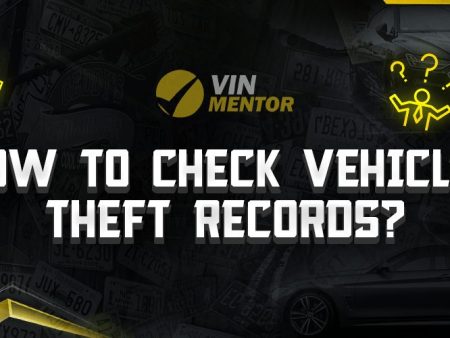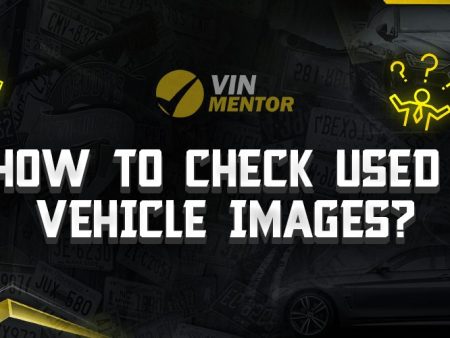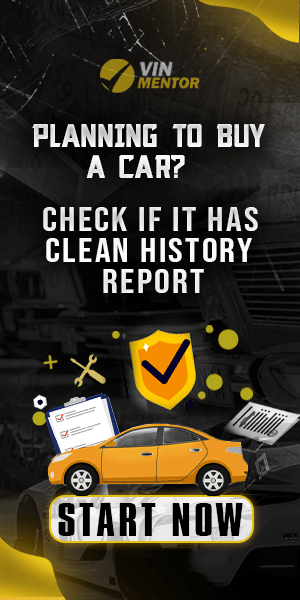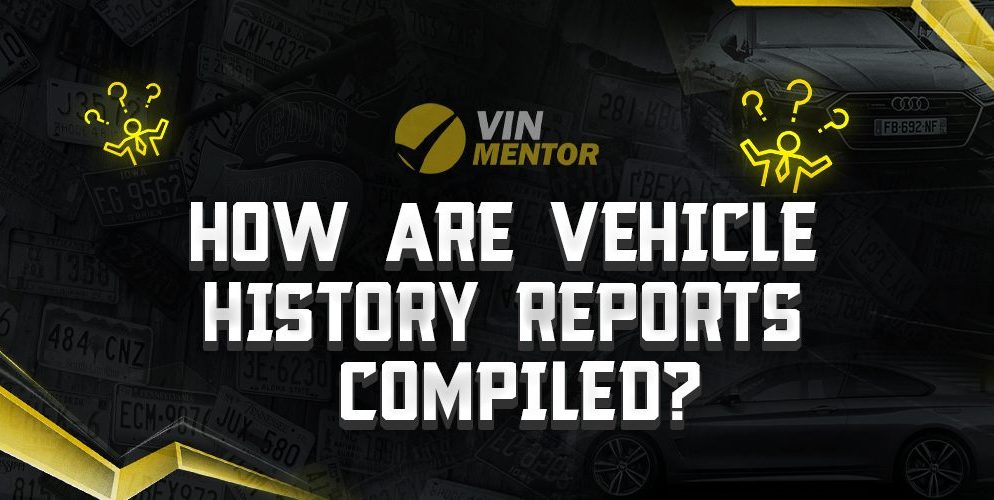
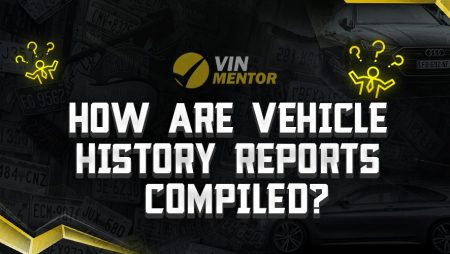
When you’re shopping for a used car, it’s important to know everything you can about the vehicle you’re interested in. This includes its history, such as any accidents it may have been involved in or any major repairs that have been done. Luckily, you can get all of this information and more by requesting a Vehicle History Report. But have you ever wondered how these reports are compiled? In this article, we’ll explore just that.
Key Takeaways
- Vehicle History Reports provide important information about a used car.
- The information in these reports can impact the value and safety of a vehicle.
- Vehicle History Reports are compiled from a variety of sources.
- The accuracy of these reports can vary depending on the source of the information.
- It’s important to review a Vehicle History Report carefully before making a purchase.
What is the Process by Which Vehicle History Reports are Created?
Vehicle History Reports are compiled from a variety of sources:
- One of the primary sources is the vehicle’s registration information. This includes details about the vehicle’s previous owners, as well as any accidents or incidents that were reported to the DMV. The report may also include information about the title and registration history, such as if the car was ever salvaged or declared a total loss.
- Another important source of information for Vehicle History Reports is insurance claims data. If a car is involved in an accident and an insurance claim is filed, that information is often included in the Vehicle’s History Report. This can include details about the nature of the accident, as well as the extent of the damage.
- Service records are also used to compile Vehicle History Reports. When a car is taken to a mechanic or dealership for maintenance or repairs, those records are often kept on file. This information can include details about the type of work that was done, as well as the mileage of the car at the time.
- Some Vehicle History Reports may include information from police reports or other public records. This could include details about any tickets or citations that the car received, or any incidents that were reported to law enforcement.
- Some Vehicle History Reports may include information from third-party sources, such as auctions or dealerships. For example, if a car was sold at auction, that information may be included in the report. Similarly, if a car was traded in at a dealership, that information may also be included.
It’s important to note that the accuracy of Vehicle History Reports can vary depending on the source of the information. For example, if an accident was never reported to the DMV, it may not show up on the Vehicle’s History Report. Similarly, if a repair was done by a private mechanic and not a dealership, there may not be any service records available.
As a result, it’s important to review a Vehicle History Report carefully before making a purchase. Look for any red flags, such as a large number of accidents or repairs. It’s also a good idea to have a trusted mechanic inspect the car before you buy it.
Conclusion
Vehicle History Reports are an important tool for anyone shopping for a used car. These reports provide valuable information about a vehicle’s past, including any accidents, repairs, or other incidents. However, it’s important to remember that the accuracy of these reports can vary depending on the source of the information. As a result, it’s important to review a Vehicle History Report carefully and have the car inspected by a trusted mechanic before making a purchase. To get the most accurate information about the car you are interested in, you can use our list of recommended Vehicle History Reports Providers. By doing so, you can ensure that you’re getting a safe and reliable vehicle that will meet your needs for years to come.
FAQ
What is a Vehicle History Report?
A Vehicle History Report is a document that provides information about a used car’s past, including any accidents, repairs, or other incidents. It is usually compiled from a variety of sources, including the vehicle’s registration information, insurance claims data, service records, and public records.
Why is it important to review a Vehicle History Report before buying a used car?
Reviewing a Vehicle History Report before buying a used car is important because it provides valuable information about the car’s past, including any accidents, repairs, or other incidents. This information can impact the car’s value and safety, and help you make an informed decision before purchasing it.
What are some of the sources used to compile Vehicle History Reports?
Some of the sources used to compile Vehicle History Reports include the vehicle’s registration information, insurance claims data, service records, public records, and third-party sources such as auctions or dealerships.
How accurate are Vehicle History Reports?
The accuracy of Vehicle History Reports can vary depending on the source of the information. For example, if an accident was never reported to the DMV, it may not show up on the report. Similarly, if a repair was done by a private mechanic and not a dealership, there may not be any service records available. Therefore, it’s important to review a Vehicle History Report carefully and have the car inspected by a trusted mechanic before making a purchase.
What should I look for when reviewing a Vehicle History Report?
When reviewing a Vehicle History Report, you should look for any red flags, such as a large number of accidents or repairs. You should also verify that the information on the report matches the car’s current condition, including the mileage and ownership history. It’s also a good idea to have a trusted mechanic inspect the car before you buy it to ensure that it is safe and reliable.

